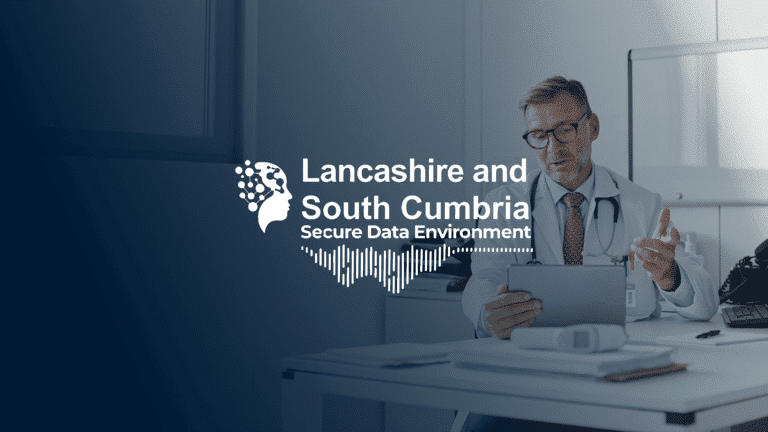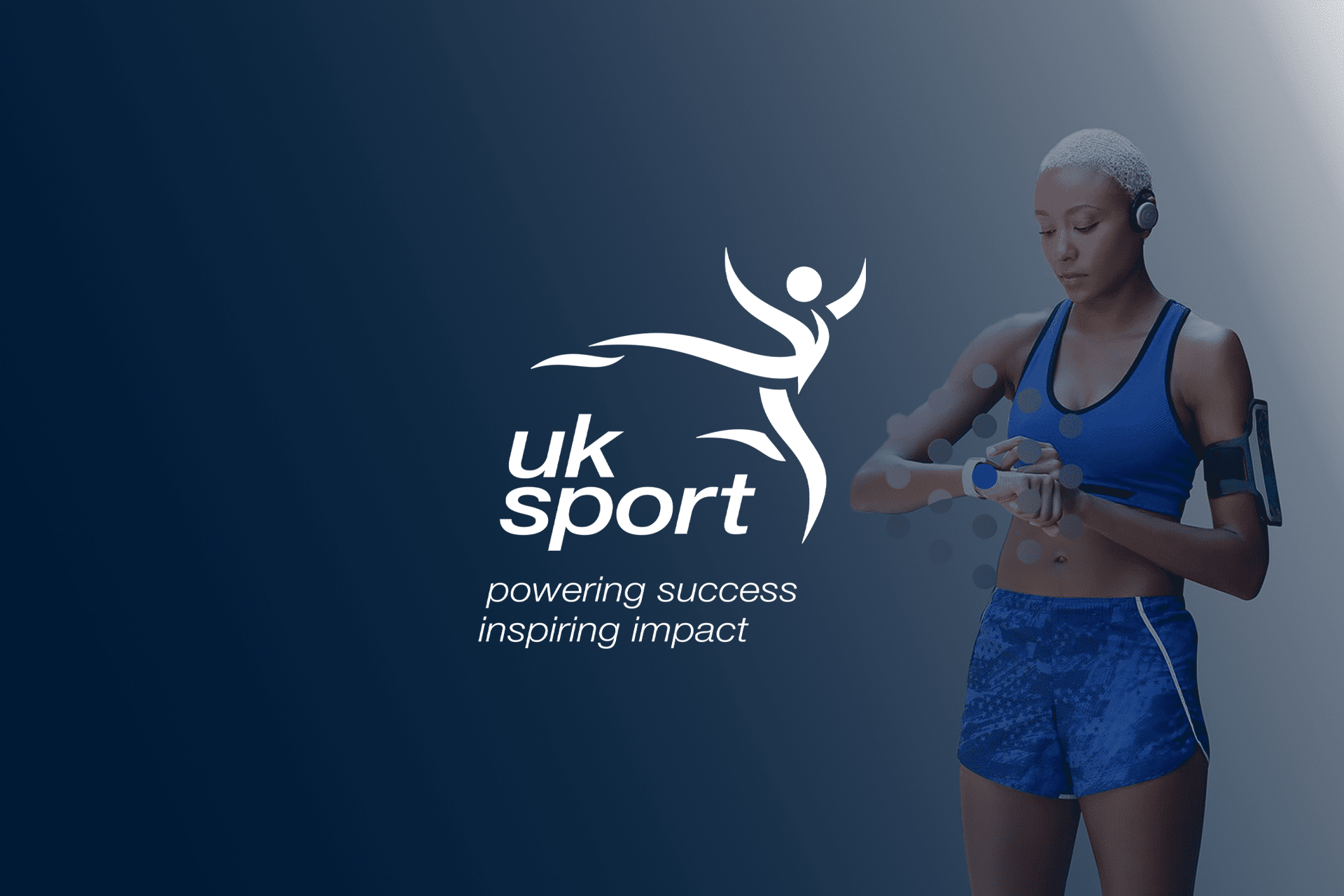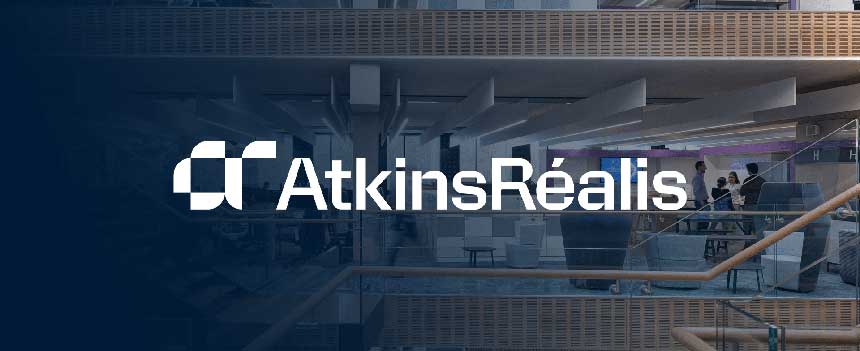Milton Keynes University Hospital has implemented Microsoft Azure data and analytics tools in partnership with Telefónica Tech. The data modernisation project has replaced a set of ageing data tools that were about to reach the end of life. In addition, Milton Keynes University Hospital can now support mobile data access and prepare the NHS trust for next-generation data technologies the organisation plans to adopt.
Customer Quote
Explore our Case Studies
-
![]() Case Study: Saving Lives with Secure Data – Lancashire and South Cumbria Secure Data EnvironmentCase StudiesRead moreCase Study: Saving Lives with Secure Data – Lancashire and South Cumbria Secure Data Environment
Case Study: Saving Lives with Secure Data – Lancashire and South Cumbria Secure Data EnvironmentCase StudiesRead moreCase Study: Saving Lives with Secure Data – Lancashire and South Cumbria Secure Data EnvironmentThe Lancashire and South Cumbria Secure Data Environment (SDE) is a digital platform designed to securely store health and care data. This platform enables the analysis of this information for...
Read more -
![]() How a major NHS Trust transformed digital experience for staffCase StudiesRead moreHow a major NHS Trust transformed digital experience for staff
How a major NHS Trust transformed digital experience for staffCase StudiesRead moreHow a major NHS Trust transformed digital experience for staffTelefónica Tech helped transform the digital employee experience (DEX) for hospital staff through smart, proactive device improvements that drove productivity and mitigated...
Read more -
![]() Case Study: Discover UK Sport’s Dynamics 365 journeyCase StudiesRead moreCase Study: Discover UK Sport’s Dynamics 365 journey
Case Study: Discover UK Sport’s Dynamics 365 journeyCase StudiesRead moreCase Study: Discover UK Sport’s Dynamics 365 journeyThe implementation of Dynamics 365 CE brought significant improvements in efficiency and effectiveness for UK Sport. Key functionalities, such as the notes feature and sport trackers, played...
Read more -
![AtkinsRéalis]() AtkinsRéalis unlocks AI’s revenue protection potentialCase StudiesRead moreAtkinsRéalis unlocks AI’s revenue protection potential
AtkinsRéalis unlocks AI’s revenue protection potentialCase StudiesRead moreAtkinsRéalis unlocks AI’s revenue protection potentialThe rising public awareness of AI following the release of ChatGPT has increased interest in the potential of AI across AtkinsRéalis, from the CEO to project managers, Offer says. AtkinsRéalis...
Read more -
![healthcare EDMS]() Helping Mizaic Move to a Future-Fit Cloud in AzureCase StudiesRead moreHelping Mizaic Move to a Future-Fit Cloud in Azure
Helping Mizaic Move to a Future-Fit Cloud in AzureCase StudiesRead moreHelping Mizaic Move to a Future-Fit Cloud in AzureExplore how Mizaic uses Telefónica Tech's Azure Landing Zone to enhance the reliability and scalability of their Electronic Document Management System, supporting the NHS's paperless initiative...
Read more
Stay informed
Stay updated and subscribe to our regular communications





